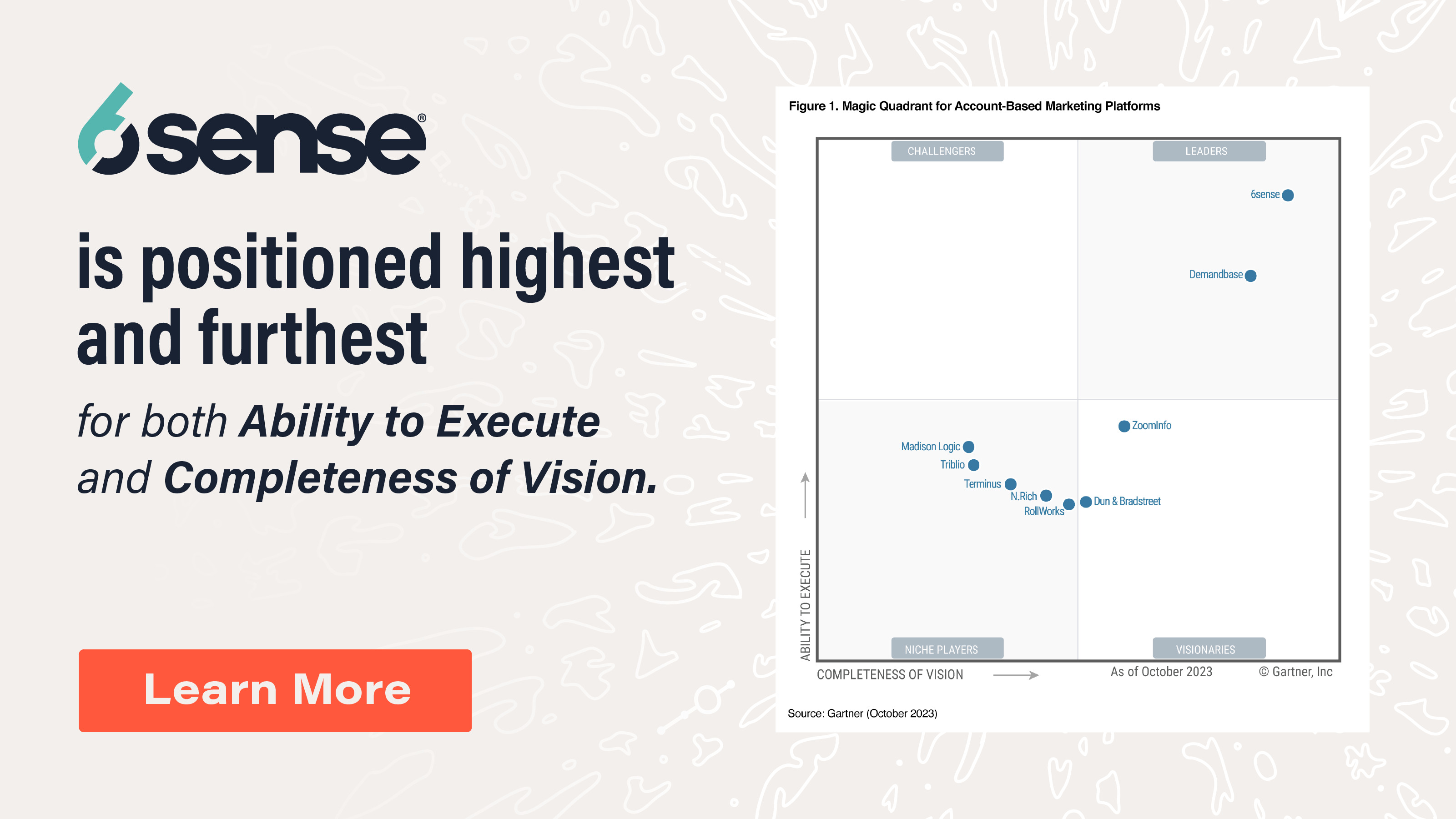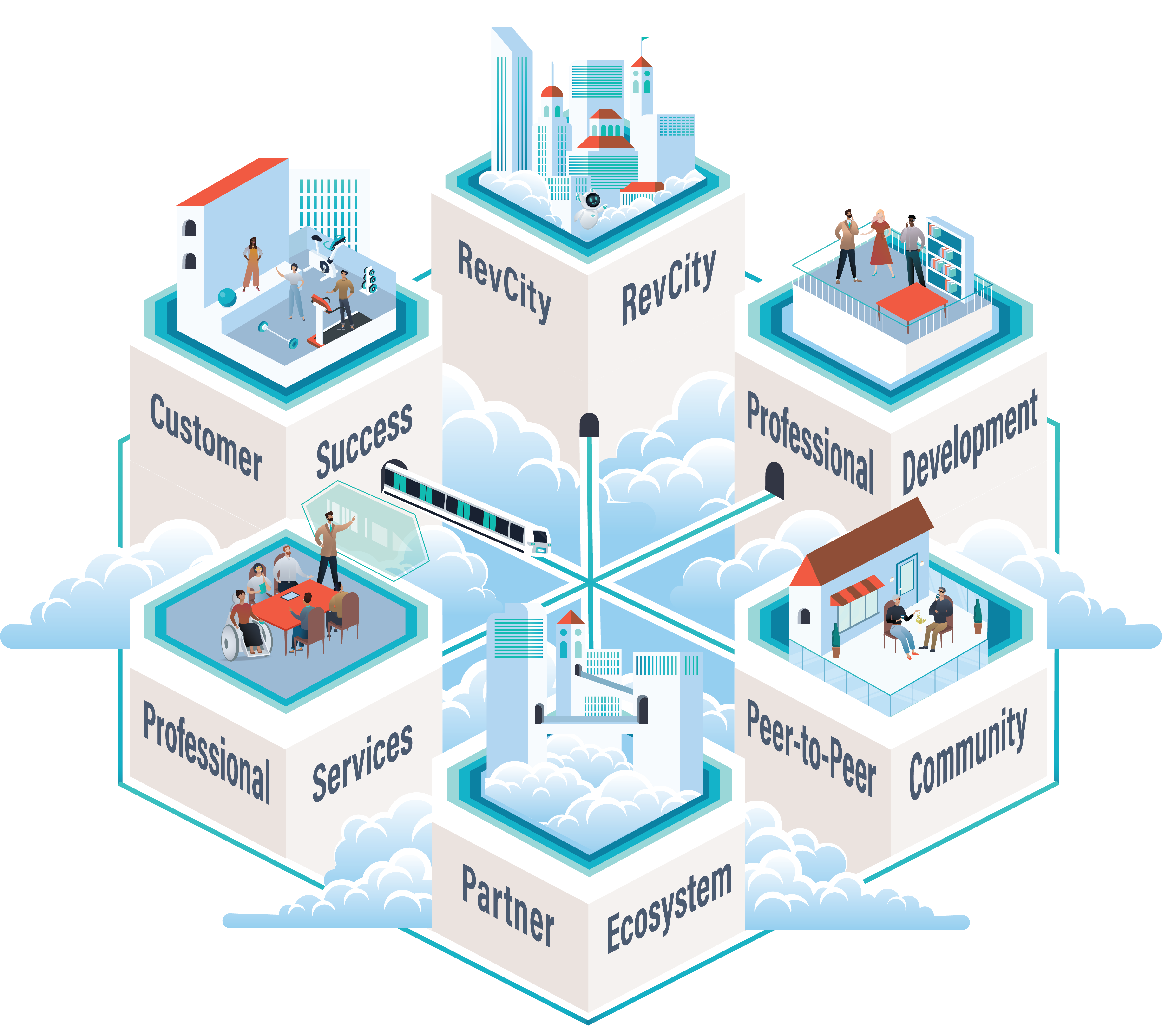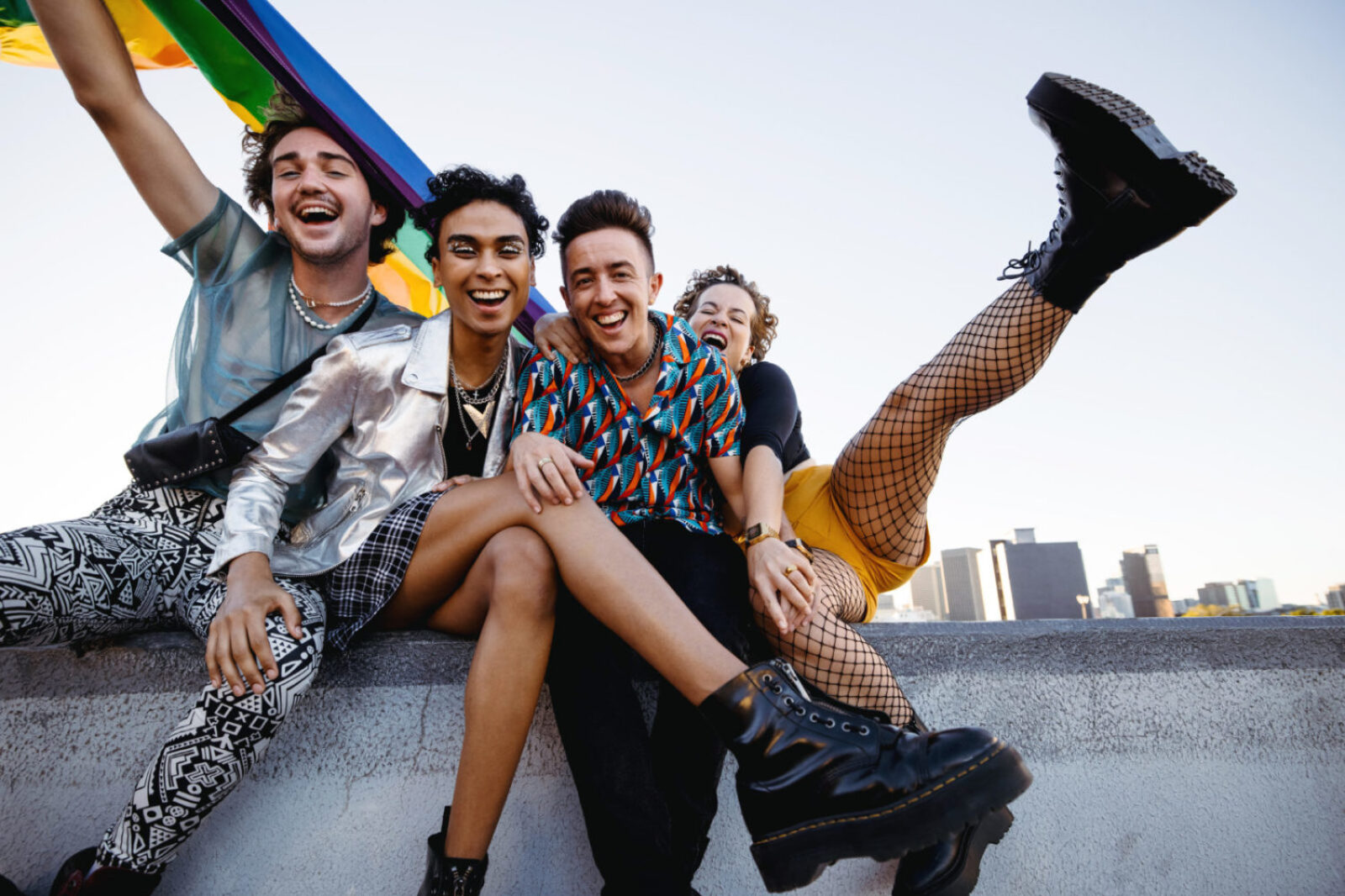We are still fighting the same fight that we were back in 1969, the face of the oppressor has only slightly changed. In 1969, the police raided the Stonewall Inn, a popular place for the gay and transgender community to congregate in New York City, and as a result, the community lashed back and riots ensued.
At the time, “homosexual acts” were considered illegal and enforced under the same set of laws that outlawed Beastiality. During the Stonewall Riots, the police primarily targeted drag queens and transgender individuals, since “masquerading” as the opposite sex was also against the law at the time.
The 1969 Riots were primarily led by two activists, Marsha P. Johnson and Sylvia Rivera, both trans women of color, who faced scrutiny from the group itself of their “belonging” in the movement for gay rights. Regardless of the group’s sentiment towards transgender people at the time, Marsha and Sylvia continued to advocate for equality and co-founded Street Transgender Action Revolutionaries (STAR), opening safe spaces for trans/LGBT street youth to be housed and fed.
Despite being on the frontlines of both movements, BIPoC (Black and Indigenous People of Color) transgender individuals continue to be cast aside and face lower qualities of life, as a result of increased discrimination, from both civilians and long-standing institutions. We are still fighting the same battle that Marsha and Sylvia were fighting back in 1969, and the war is far from being won.
As Marsha said, “no pride for some of us, without liberation for ALL of us.”

Social justice movements rely on each other. Without gay liberation, there is no black liberation and without black liberation, there is no gay liberation. Pride has come at the perfect time for us this year to band together these two movements and focus on discrimination faced by both groups. We cannot have true equality for all without tackling the issues that stand in its way: systemic racism, homophobia, bigotry, and the institutions that protect it.
BIPoC transgender people’s access to healthcare, food, housing, and work is consistently at risk. Lawmakers and politicians continue to challenge and revoke the few protections that trans individuals have in the United States, including access to reliable, affordable, unbiased healthcare.
According to the National Center for Transgender Equality, transgender people are four times more likely to live in poverty, and three times more likely to be unemployed than cis-gendered people. More than 30% of BIPoC trans individuals have experienced homelessness in their lifetime, and of those living in shelters, over 20% of shelters have refused to serve trans individuals. Hate crime homicide rates are the highest among trans individuals and trans individuals are seven times more likely to experience police brutality, and those numbers are even higher for people of color, according to the National Coalition of Anti-Violence Programs.
Marsha P. Johnson’s unexplained death in 1992 is a stark example of the violence that many BIPoC transgender people face and the little justice they receive; Marsha’s body was found in the Hudson River just days after the Pride Parade and was immediately ruled a suicide by the police, despite its ties to the mob and police officials. The case has just been reopened and Marsha’s family continues to seek justice for her death. Marsha’s death is similar to many others in the community and often, justice is never served for these individuals.
It is clear to see the disproportionate discrimination that BIPoC trans individuals experience, even from a white cis-gendered heteronormative perspective. Pride is not canceled, rather refocused towards protecting and advocating for those who are most vulnerable, the BIPoC trans community. 6sense will donate GoodSense funds to The Marsha P. Johnson Institute (MPJI), which protects and defends the rights of BIPoC transgender people, who are also disproportionately affected by COVID-19 and police brutality.



